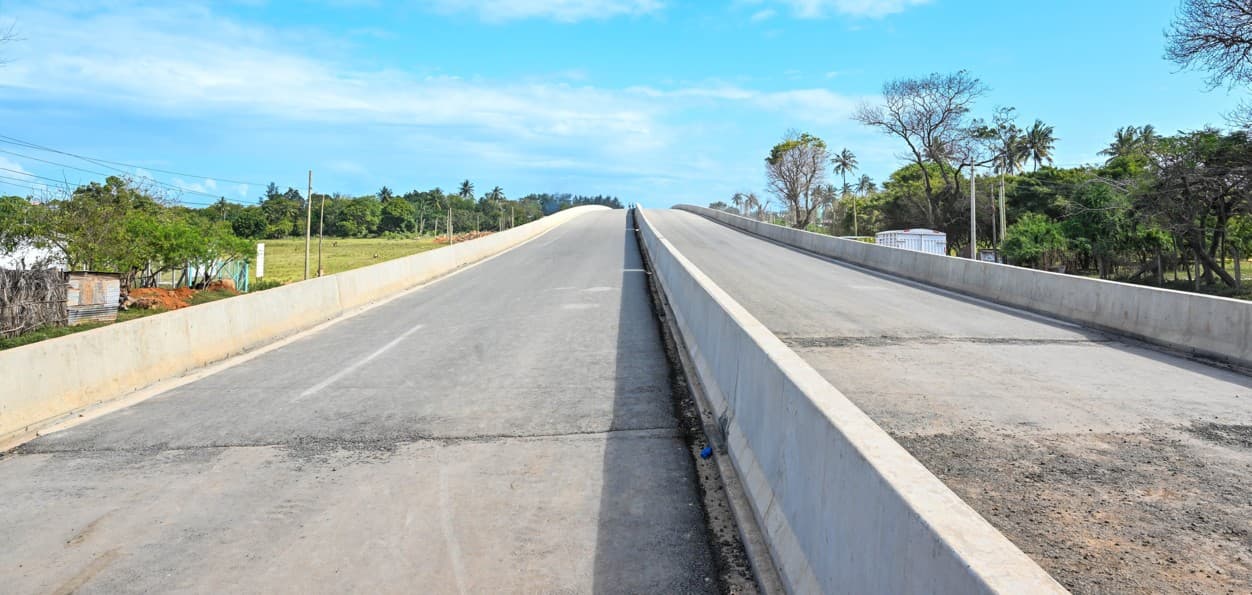We're loading the full news article for you. This includes the article content, images, author information, and related articles.
A surge in violent carjackings, particularly on Nairobi's Southern Bypass, reveals evolving strategies by criminal gangs, including the use of police uniforms and road sabotage, prompting a high-level security response amid growing public fear.

A disturbing escalation in violent carjackings on Kenya's major highways has exposed the sophisticated and ruthless tactics of organized criminal syndicates, leaving a trail of traumatized motorists and raising serious questions about road safety. Recent incidents, especially along Nairobi's Southern Bypass, Thika Superhighway, and the Nairobi-Nakuru highway, highlight a shift towards more aggressive methods, including impersonating police officers, creating deliberate road hazards, and using violence with impunity.
In late 2024 and early 2025, a spike in attacks on the Southern Bypass, a key artery connecting Ole Sereni to Kikuyu, turned the route into a hotspot of criminal activity. Gangs have been strategically placing large stones and timber planks embedded with nails on the roadway to puncture tires and force vehicles to stop. Once a vehicle is disabled, armed assailants emerge from nearby thickets, often wielding pangas and other crude weapons, to rob occupants of their valuables. In a particularly harrowing incident on December 28, 2024, a family of four was ambushed and sustained serious injuries from panga attacks. One victim, now recovering at Kenyatta National Hospital, recounted, "I saw what looked like a rock on the road and nails scattered around. As I swerved, my tyre burst, and before I could react, they attacked."
Long-distance truck drivers have been particularly vulnerable, with criminals not only stealing cargo and personal belongings but also vehicle batteries to immobilize the trucks completely. This wave of attacks prompted an outcry from the public, criticizing the perceived lack of consistent police patrols, especially after Interior Ministry Principal Secretary Raymond Omollo had ordered enhanced highway security during the festive season.
In response to the escalating crisis, the Directorate of Criminal Investigations (DCI) and the National Police Service (NPS) have intensified operations. On Friday, January 3, 2025, a multi-agency operation involving detectives from Lang'ata and Dagoretti led to the arrest of a key suspect from a ring terrorizing motorists on the Southern Bypass. The DCI revealed the suspect's modus operandi involved placing a massive stone to obstruct traffic, creating an opportunity to assault and rob drivers. The arrest followed an incident where a car crashed into such a barrier, after which the suspect robbed the occupants before being pursued and apprehended by patrolling officers.
The issue of criminals impersonating law enforcement is a significant concern. The initial report mentioned assailants using jungle fatigues and reflector jackets to flag down motorists under the guise of a routine check. This tactic preys on the public's compliance with police authority. In a separate but related trend, detectives in October 2025 arrested a gang involved in armed robberies and kidnappings that included both former and currently serving police officers, highlighting a dangerous nexus between law enforcement and criminal enterprises.
While overall crime reported to the police saw a slight decrease nationally to 101,220 incidents in 2024 from 104,842 in 2023, specific categories like robbery have increased. According to the Kenya National Bureau of Statistics (KNBS) 'Economic Survey 2025', robbery cases rose to 3,642 in 2024. Nairobi City County continues to lead in reported crimes, recording 9,717 cases in 2024. An annual security report noted that the hijacking of public service vehicles (PSVs), especially those heading to Eastlands and other informal settlements, remained a significant concern throughout 2024.
Security experts predict that economic stagnation and unemployment will likely sustain opportunistic and organized crime into 2025. The National Road Safety Action Plan (2024–2028) has been launched to address some of these challenges, but road safety advocates point to weak enforcement of existing laws as a major hurdle. The National Transport and Safety Authority (NTSA) has also been under scrutiny, with a 2022 BBC Africa Eye documentary exposing corruption within driving schools and vehicle inspection centers, contributing to the presence of unqualified drivers and unsafe vehicles on the roads.
The recent crackdown and arrests offer a glimmer of hope, but the underlying issues fueling highway crime remain complex. The use of police attire by criminals erodes public trust and complicates the security landscape. For Kenyan motorists, the threat is no longer just about theft but extreme violence. Security agencies have urged the public to remain vigilant, report suspicious activities, and be cautious of unscheduled or unofficial-looking roadblocks, especially at night.
The continued collaboration between the DCI and NPS, coupled with technological aids like enhanced CCTV surveillance on major highways and robust vehicle tracking systems, will be crucial in dismantling these violent syndicates. As investigations continue, the focus remains on restoring safety and public confidence on Kenya's vital transport arteries.
Keep the conversation in one place—threads here stay linked to the story and in the forums.
Sign in to start a discussion
Start a conversation about this story and keep it linked here.
Other hot threads
E-sports and Gaming Community in Kenya
Active 9 months ago
The Role of Technology in Modern Agriculture (AgriTech)
Active 9 months ago
Popular Recreational Activities Across Counties
Active 9 months ago
Investing in Youth Sports Development Programs
Active 9 months ago